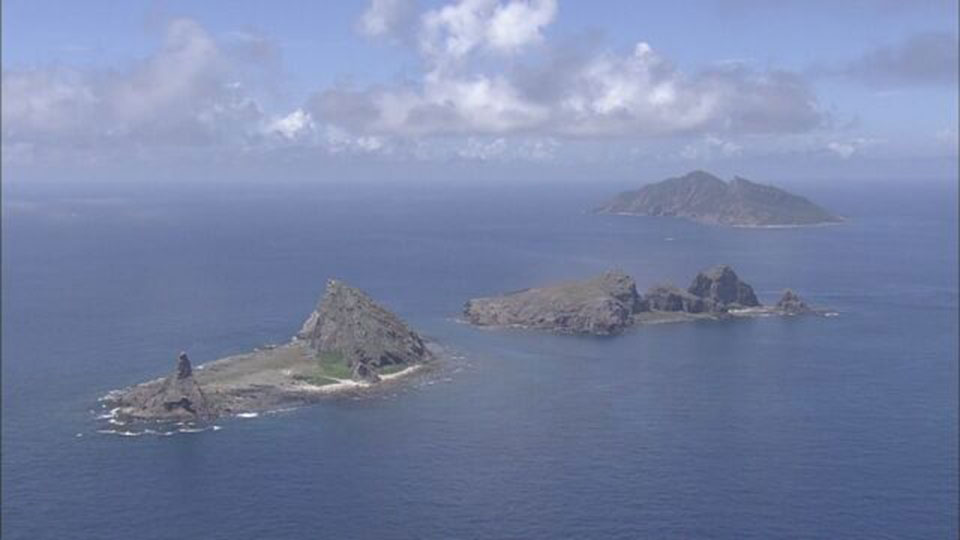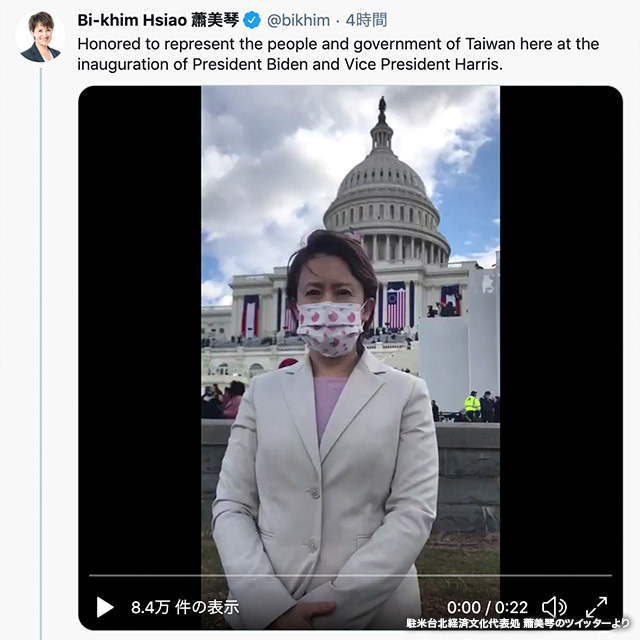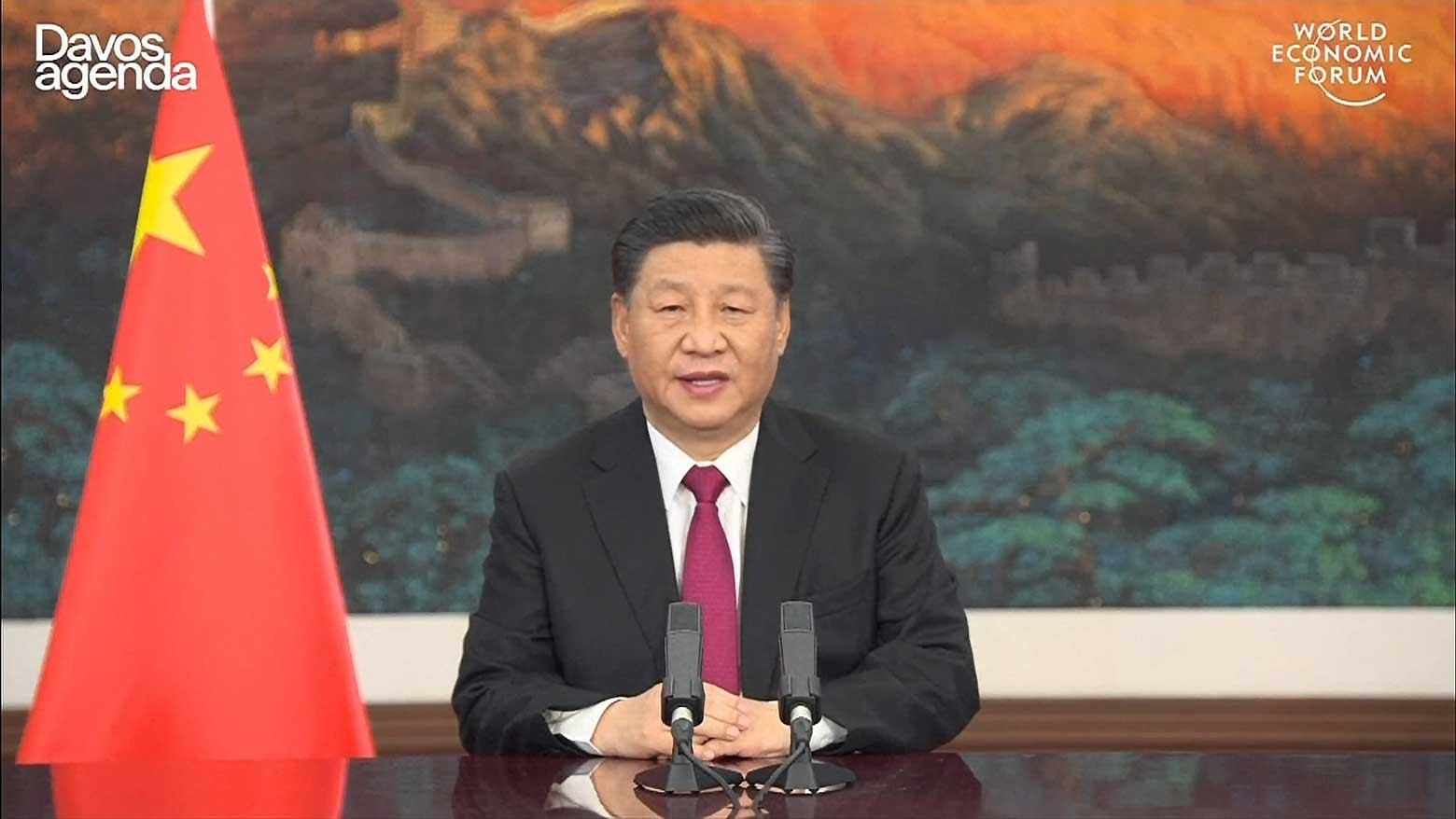Xi was speaking at a virtual World Economic Forum event to political and business leaders from around the world. It was the first time he had addressed an international gathering since Biden took office.
Xi warned that a new cold war will only push the world into division and even confrontation. He said "international governance should be based on rules and consensus reached among us, not on orders given by one or the few. We should respect and accommodate differences, avoid meddling in other countries' internal affairs, and resolve disagreements through consultation and dialogue."
In the US, new Secretary of State Antony Blinken has suggested there won’t be a softening of his country’s stance. He has called China “the most significant challenge to the US.” At his confirmation hearing earlier this month, Blinken stressed that the US will stand up to China over security issues and human rights.
The new Secretary of Defense Lloyd Austin has called China the "most concerning competitor" for the US.
China gives coast guard power to use arms
China’s actions this year haven’t quite matched its rhetoric. The government has granted the coast guard new powers to open fire on foreign ships operating in what Beijing claims are Chinese waters.
That’s likely to exacerbate tensions around the Senkaku Islands, which are controlled by Japan but claimed by both China and Taiwan. Japan’s Coast Guard says Chinese government vessels last year approached Japan's territorial waters around the Senkaku Islands in Okinawa Prefecture on a record 333 days. The Japanese government has said it will strengthen security in waters around the island.

Tension over Taiwan
The Biden administration gave a clear indication of its stance on China when it invited Taiwan's representative to the US, Hsiao Bi-khim, to attend Biden’s presidential inauguration ceremony last week. Taiwan's ruling Democratic Progressive Party says this is the first time its representative to the United States has been invited to a president's inauguration since diplomatic ties were severed in 1979.
And the US Department of State issued a statement last Saturday warning that China's military pressure on Taiwan is threatening regional peace and stability. It urged Beijing to "cease its military, diplomatic, and economic pressure against Taiwan and instead engage in meaningful dialogue with Taiwan's democratically elected representatives."
Beijing hit back by saying the US should handle Taiwan-related issues cautiously and properly and avoid sending the wrong signals to pro-independence forces in Taiwan.
Taiwan’s defense ministry says 13 Chinese military aircraft approached its air space last Saturday. Chinese military planes approach Taiwan's air space on an almost daily basis, but rarely in such numbers.

Human rights
China is perhaps the one area of common ground between the Biden administration and the preceding Trump administration. Donald Trump spent his final weeks trying to lock the Biden administration into a hostile stance against China. On December 28, he signed a bill into law that threatens sanctions if Beijing tries to interfere with the Dalai Lama's succession, saying that would be a serious human rights violation.
On January 19, the outgoing administration accused China of committing genocide against minorities in the Xinjiang Uygur Autonomous Region. Blinken says he endorses that assessment, and believes Trump was right to take a tougher approach on China.
Beijing says the US is attempting to interfere in China's internal affairs, undermine its security, and stall its development.
"Strategic patience"
But one former Japanese ambassador to the US says the future won’t be as black and white as these events suggest. Sasae Kenichiro, now President and Director General of the Japan Institute of International Affairs, says the relationship between the two big powers is not so simple.
"There are issues of democracy and human rights. And China's expansion in the Asia-Pacific region will continue, as will competition in high-tech industrial policies,” says Sasae. “But I think they will cooperate as much as they can, in areas such as the environment and development. I don't think the two countries will just be at odds with each other."
For its part, the White House is now using the phrase “strategic patience.” Press secretary Jen Psaki spoke to reporters on Monday after Xi’s comment about a “new cold war.” She said the Biden administration will be reviewing its policy on China in consultation with allies.

